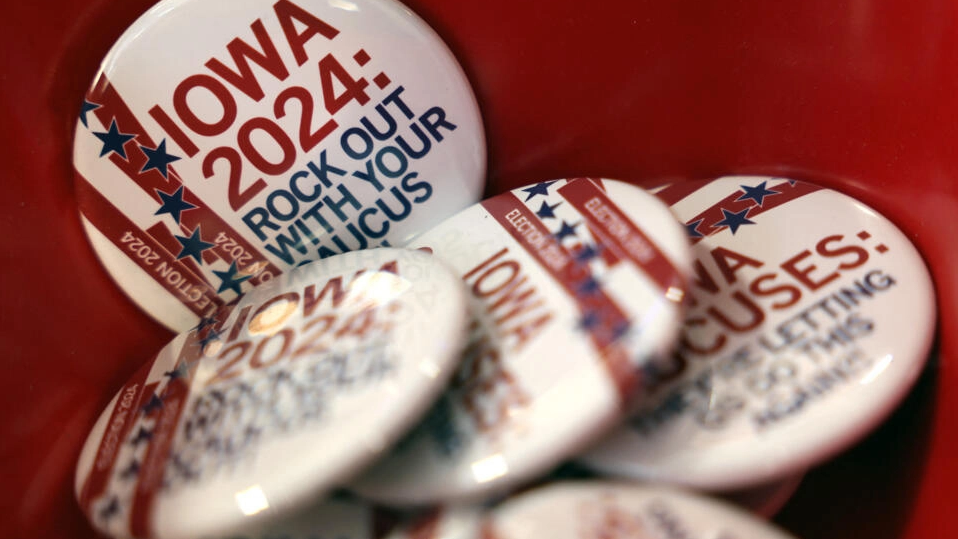
The commencement of the presidential race in the United States is marked by the Republican caucus in the state of Iowa. Iowa, with its expansive cornfields and the French-named capital city Des Moines, has held the opening position for primaries for more than fifty years, giving it a disproportionately influential role in American politics. On Monday, January 15, Republican voters in Iowa will assemble in various locations, including schools, churches, and pubs, to determine their candidate for the upcoming presidential election, be it former President Donald Trump, Florida Governor Ron DeSantis, or former UN Ambassador Nikki Haley.
This initial assessment carries significant weight for Iowa, a state with just under three million inhabitants, accounting for less than 1% of the overall U.S. population. The caucus system, distinctive to Iowa, has conferred an outsized impact on American politics upon this small state for over half a century.
The caucus, a remnant of participatory democracy, diverges from traditional primaries. Unlike primaries, which are managed by the state and involve anonymous voting either in person or remotely, a caucus is directly organized by the local party branch. Party members convene in small groups simultaneously, in locations such as schools, churches, fire stations, or private residences. At each site, representatives of various candidates deliver speeches in support of their contenders. Subsequent to the gathering, participants cast their votes by writing the name of their preferred candidate on a piece of paper.
For Republicans in Iowa, this caucus vote will determine the allocation of 40 delegates out of the total 2,467 participating in the Republican National Convention in Milwaukee, Wisconsin, slated for July. Delegates are distributed proportionally based on the number of votes each candidate secures.
It is noteworthy that this caucus system has faced criticism from a segment of the American electorate, branding it as “archaic” and inflexible. Concerns have been raised regarding the lack of secrecy in the voting process. In 2020, approximately ten states abandoned the caucus system in favor of primaries, with only Iowa and Nevada retaining this distinctive electoral approach.
Leave a Reply